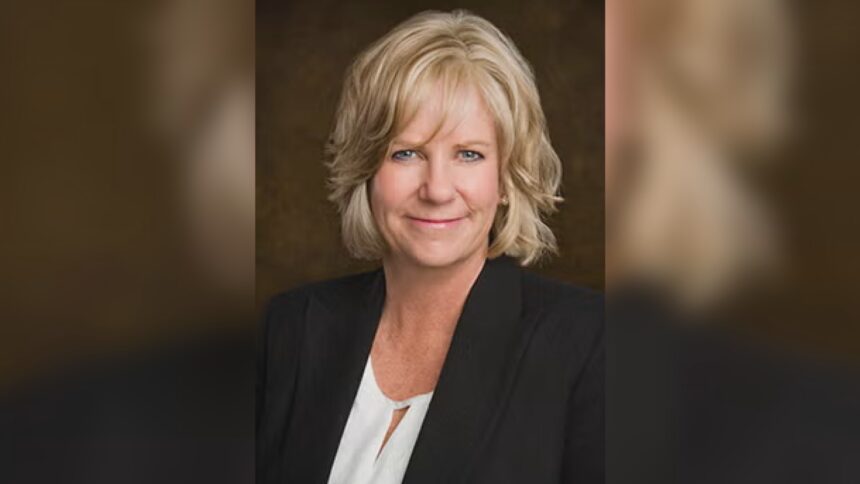I step off the hospital elevator into a hallway where the fluorescent lights seem dimmer than usual. The faces of staff passing by tell a story that numbers and official statements can’t capture. A nurse makes eye contact briefly before looking away, her expression a mixture of exhaustion and something more concerning—resignation.
“Most of us are afraid to speak publicly,” she tells me later, requesting anonymity to protect her position at Kelowna General Hospital. “But something has to change. This isn’t just about leadership anymore—it’s about whether our patients are getting the care they deserve.”
The crisis unfolding at this major Interior Health facility has deep roots but reached a breaking point this spring when physicians took the extraordinary step of declaring non-confidence in hospital leadership. What began as operational concerns has escalated into questions about transparency, accountability, and the culture of one of British Columbia’s most important regional medical centers.
I’ve spent the past week speaking with healthcare workers, patients, and community members across Kelowna. Their stories reveal a hospital system where staff feel increasingly marginalized in decision-making while trying to maintain quality care despite mounting pressures.
Dr. Caroline Morrow, a physician who has worked at KGH for over a decade, says the issues transcend typical healthcare challenges. “We’ve always dealt with resource constraints and high volumes,” she explains as we talk in a quiet corner of a local café. “What’s different now is the disconnect between those providing care and those making decisions about how that care should be delivered.”
The Interior Health Authority maintains that steps are being taken to address physician concerns. In a statement, they highlighted “ongoing dialogue with medical staff” and “a commitment to collaborative solutions.” But multiple sources within the hospital describe these efforts as superficial—listening exercises that haven’t translated into meaningful action.
This disconnect appears particularly pronounced around recent operational changes that doctors say were implemented without adequate clinical input. According to documents obtained through Freedom of Information requests by the BC Nurses’ Union, several departmental reorganizations were fast-tracked despite warnings about potential impacts on patient care.
The crisis at KGH reflects broader tensions in British Columbia’s healthcare system. According to a 2023 report from the Canadian Institute for Health Information, BC hospitals have been operating at over 100% capacity consistently since the pandemic, compared to the recommended 85% threshold for optimal care and emergency response capability.
For Kelowna residents like Michael Takahashi, these systemic issues have very personal consequences. After waiting nine hours in the KGH emergency department last month with his elderly mother, he witnessed firsthand the strain on both patients and staff.
“The nurses and doctors were clearly doing everything they could,” he recalls. “But there just weren’t enough of them, and nobody seemed to be coordinating the overall flow. My mother’s condition actually worsened while we waited.”
When I walk through the hospital’s main entrance the following morning, I notice renovations underway—physical improvements that stand in stark contrast to the organizational concerns expressed by staff. A maintenance worker installing new directional signage tells me the changes are part of a modernization initiative, but adds with a shrug, “Fancy signs don’t help if you don’t have enough hands at the bedside.”
The tensions have drawn attention from provincial health authorities. Health Minister Adrian Dix acknowledged the situation during a press conference last week, stating that “ensuring Interior Health leadership is responsive to clinical staff concerns is essential to maintaining quality care.” However, specific interventions remain unclear.
Dr. Ramneek Dosanjh, president of Doctors of BC, has been monitoring the situation and expressed concern about the wider implications. “When physicians reach the point of non-confidence votes, it signals a fundamental breakdown in the collaborative approach that should characterize healthcare delivery,” she noted in a recent interview with CBC Radio.
The struggle at Kelowna General reflects broader questions about healthcare governance in Canadian hospitals. A 2022 study published in the Canadian Medical Association Journal found that hospitals with stronger physician involvement in leadership decisions typically showed better patient outcomes and staff retention rates.
For some KGH staff, the current crisis represents an opportunity for meaningful reform. “We need to rebuild a culture where clinical expertise is valued in decision-making,” says Dr. Morrow. “This isn’t about personalities or power—it’s about creating systems where patients come first and frontline providers have the support they need.”
Interior Health has announced plans for an external review of leadership structures at KGH, though details about scope and timeline remain vague. Meanwhile, community advocates have begun organizing to ensure public voices are included in any reform process.
Margaret Woolley, who chairs the newly formed Kelowna Health Advocacy Network, emphasizes that the community has a stake in the outcome. “This hospital belongs to all of us,” she says during a small gathering at the Kelowna library. “We need transparency about what’s happening and a genuine commitment to fixing the underlying issues.”
As I prepare to leave the hospital after my final interviews, I pass through the emergency waiting room where families sit anxiously under the harsh lighting. A young resident physician hurries past, pausing only briefly when I ask how things are going. “We’re still here, still trying,” she says with a tired smile. “But we need the system to work with us, not against us.”
For now, the future of Kelowna General Hospital’s leadership remains uncertain. What is clear is that the resolution will require more than administrative shuffling—it will demand a fundamental reconsideration of how healthcare decisions are made and who should have a voice in making them.






